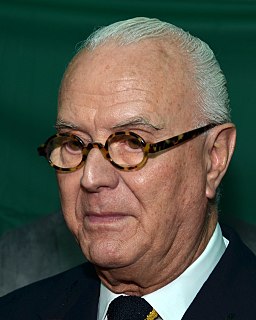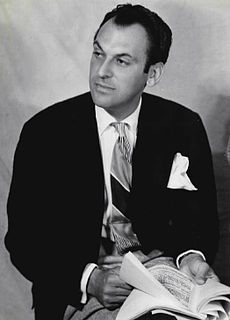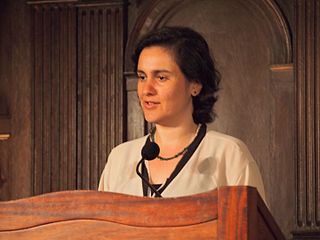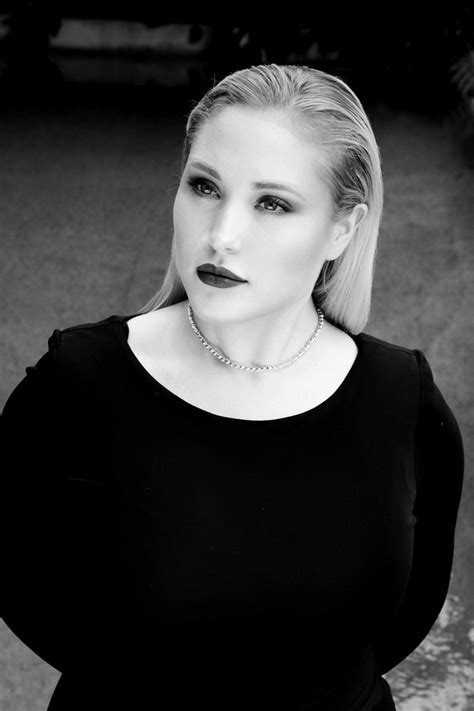A Quote by Andrew Solomon
The way that Russian Orthodox services work generally, and certainly the way that this worked, is that it goes on for hours and hours, and people wander in and wander out, and people talk the whole way through. One of the American women said to the other, "This is so beautiful. I can actually imagine maybe even becoming Orthodox." She went on and on, and finally a Russian seated just in front of her turned and said, "You are not member of church because it is beautiful; you are member of church because it is the single truth of God!"
Quote Topics
Related Quotes
She was beautiful, but not like those girls in the magazines. She was beautiful, for the way she thought. She was beautiful, for the sparkle in her eyes when she talked about something she loved. She was beautiful, for her ability to make other people smile, even if she was sad. No, she wasn't beautiful for something as temporary as her looks. She was beautiful, deep down to her soul. She is beautiful.
I asked her, "Are you an optimist or a pessimist?" She looked at her watch and said, "I'm optimistic." "Then I have some bad news for you, because humans are going to destroy each others as soon as it becomes easy enough to, which will be very soon." "Why do beautiful songs make you sad?" "Because they aren't true." "Never?" "Nothing is beautiful and true." She smiled, but in a way that wasn't just happy, and said, "You sound just like Dad.
The church is in trouble-that's what they say anyways. The problem is most of what they call the church is not the church, and the church is not quite as in trouble as everybody thinks. As a matter of fact, the church today is absolutely beautiful-she's glorious, she's humble, she's broken, and she's confessing her sin. The problem is what everybody's calling the church today isn't the church. Basically, by and large, what's called the church today is nothing more than a bunch of unconverted church people with unconverted pastors.
We have gone a long way toward civilization and religious tolerance, and we have a good example in this country. Here the many Protestant denominations, the Catholic Church and the Greek Orthodox Church do not seek to destroy one another in physical violence just because they do not interpret every verse of the Bible in exactly the same way. Here we now have the freedom of all religions, and I hope that never again will we have a repetition of religious bigotry, as we have had in certain periods of our own history. There is no room for that kind of foolishness here.
[Concerning] the usual contempt with which an orthodox analytic group treats all outsiders and strangers ... I urge you to think of the young psychoanalysts as your colleagues, collaborators and partners and not as spies, traitors and wayward children. You can never develop a science that way, only an orthodox church.
Other centuries had their driving forces. What will ours have been when men look far back to it one day? Maybe it won't be the American Century, after all. Or the Russian Century or the Atomic Century. Wouldn't it be wonderful, Phil, if it turned out to be everybody's century, when people all over the world--free people--found a way to live together? I'd like to be around to see some of that, even the beginning.
Her definition of romance was absentminded intimacy, the way someone else's hand stray to your plate of food. I replied: no, that's just friendship; romance is always knowing exactly where that someone else's hands are. She smiled and said, there was a time I thought that way, too. But at the heart of the romance is the knowledge that those hands may wander off elsewhere, but somehow through luck or destiny or plain blind groping they'll find a way back to you, and maybe you'll be smart enough then to be grateful for everything that's still possible, in spit of your own weaknesses- and his.
I've read something that Bill Gates said about six months ago. He said, ‘I worked really, really hard in my 20s.’ And I know what he means, because I worked really, really hard in my 20s too. Literally, you know, 7 days a week, a lot of hours every day. And it actually is a wonderful thing to do, because you can get a lot done. But you can't do it forever, and you don't want to do it forever, and you have to come up with ways of figuring out what the most important things are and working with other people even more.





































